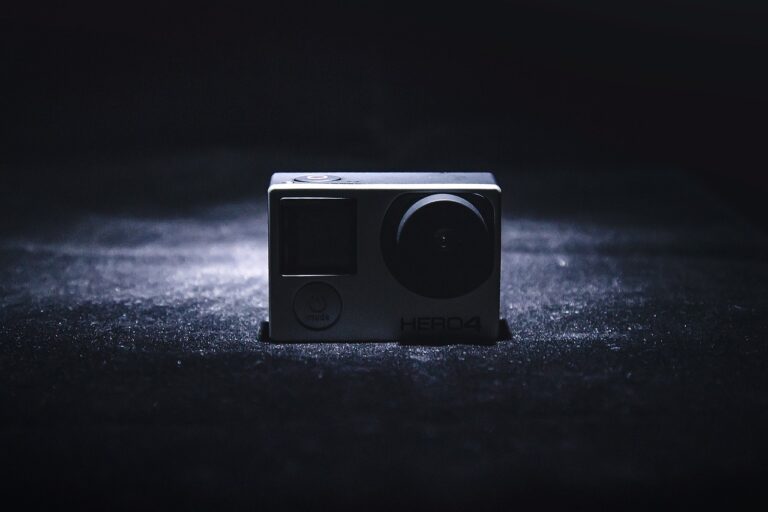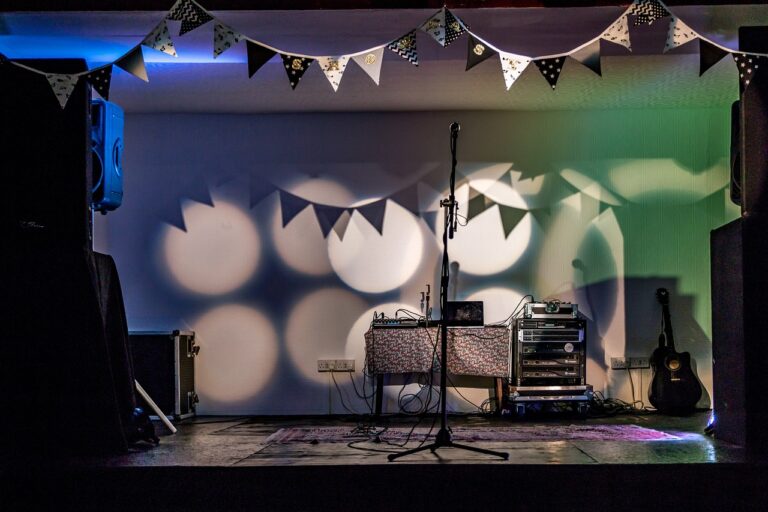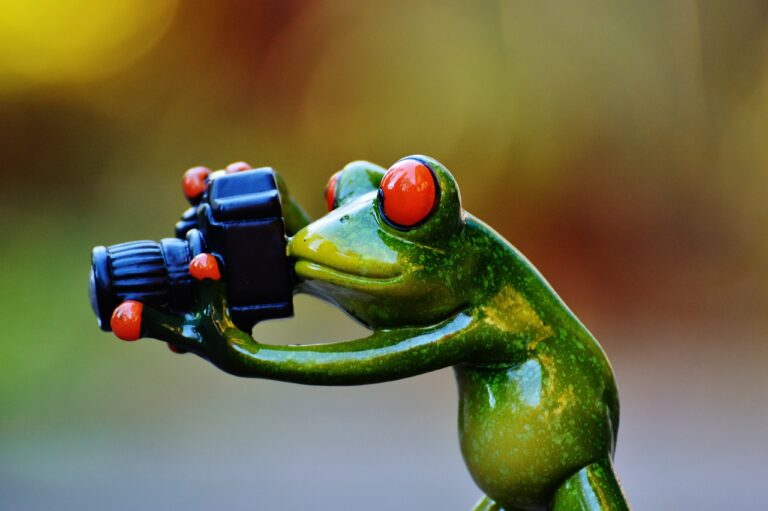Analyzing the Impact of Neuroscience on Event Entertainment
bet book 247 sign up, radhe exchange app download, bethub777: Neuroscience is revolutionizing the way we approach event entertainment, offering valuable insights into how to create memorable and engaging experiences for attendees. By understanding how the brain processes and responds to stimuli, event planners can tailor their entertainment offerings to maximize impact and create lasting impressions.
1. The Science Behind Entertainment
Neuroscience research has shown that our brains are wired to respond to certain stimuli in specific ways. By tapping into these patterns, event planners can design entertainment experiences that captivate and engage audiences on a deeper level.
2. Emotions Drive Engagement
One key finding from neuroscience is that emotions play a crucial role in capturing and retaining attention. By incorporating elements that evoke strong emotions, such as surprise, laughter, or awe, event entertainment can leave a lasting impression on attendees.
3. Music and Soundscapes
Music is a powerful tool for shaping the emotional atmosphere of an event. Neuroscience studies have shown that music can trigger the release of neurotransmitters like dopamine, leading to feelings of pleasure and enjoyment. By selecting the right music and soundscapes, event planners can enhance the overall experience for attendees.
4. Visual and Interactive Experiences
Visual stimuli are also crucial for creating engaging event entertainment. Studies have shown that our brains are highly responsive to visually stimulating experiences, such as immersive projections, interactive displays, and virtual reality. These technologies can create a sense of presence and engagement that captivates audiences.
5. The Power of Storytelling
Neuroscience research has demonstrated that storytelling is an effective way to engage the brain and create lasting memories. By weaving narratives into event entertainment, organizers can create a cohesive and immersive experience that resonates with attendees long after the event has ended.
6. Personalized Experiences
Advancements in neuroscience have also led to a better understanding of how individuals process information and engage with their surroundings. By personalizing event entertainment experiences based on individual preferences and behavior, planners can create more meaningful connections with attendees.
FAQs:
Q: How can event planners incorporate neuroscience findings into their entertainment offerings?
A: Event planners can utilize neuroscience research to inform their decisions on music selection, visual elements, storytelling techniques, and personalized experiences that resonate with attendees on a deeper level.
Q: What are some examples of successful applications of neuroscience in event entertainment?
A: Examples include incorporating immersive soundscapes, interactive displays, and personalized storytelling experiences to create engaging and memorable events.
Q: How can event planners continue to stay informed about the latest developments in neuroscience?
A: Event planners can attend conferences, workshops, and seminars dedicated to the intersection of neuroscience and event planning, as well as keeping up with the latest research publications and industry trends in entertainment technology.







